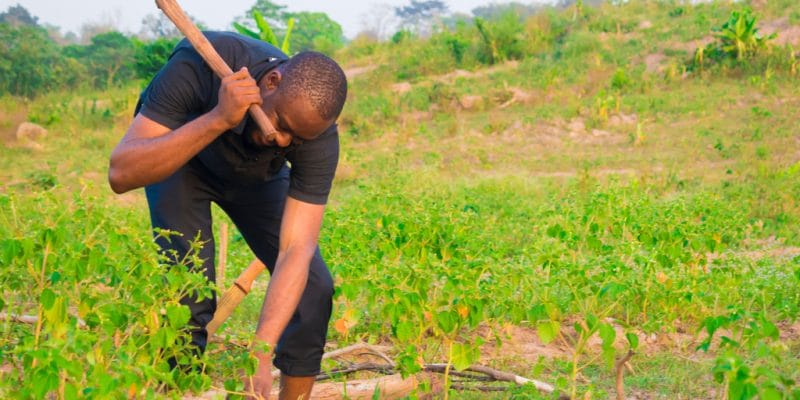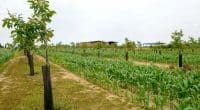The international non-profit organisation Slow Food International launches agro-ecology training in East Africa. The project is aimed at young people and local communities and is expected to last until 2021.
“Developing local economies in East Africa through agro-ecology”, is the name given to a project that Slow Food has recently launched. Slow Food is an international non-profit organisation whose main objective is to raise public awareness about ecogastronomy (local food and traditional cooking) and alternative consumption. The organisation is taking its fight even further by launching a project to train young people in organic farming.
In concrete terms, Slow Food plans to set up an academy dedicated to agro-ecology. It will welcome young people aged between 18 and 35. The international movement will rely on its local branches, notably in Kenya, Uganda, Tanzania and the Democratic Republic of Congo (DRC). The young people trained will be made up of farmers, farm workers and indigenous people.
“The academy represents an opportunity to develop new leadership that will shape the future of agriculture in Africa and beyond. Participants will have the opportunity to discuss solutions to contemporary challenges and lay the foundations for an economically viable food system,” says Edie Mukiibi, vice-president of Slow Food.
As a first step, a 4-month course will be organised in Uganda and Kenya. The course, which started at the end of January 2020 to end in May 2020, will also be open to some delegates from Tanzania and the DRC. The youth will meet four times a month to learn about ecological and organic agriculture, education and awareness on agro-ecology, “the philosophy of good, clean and fair food is effective advocacy and activism for a sustainable and ecological food system”.
The entire project “Developing local economies in East Africa through agroecology” will be completed in February 2021. It will create regional coordination linking all Slow Food projects and their agro-ecological practices. The aim is “to strengthen and disseminate efficient and cost-effective agro-ecological solutions to guide local producers and farmers towards a new agricultural system”.
Jean Marie Takouleu







